Are you contemplating harnessing the sun's energy by installing your own solar power system? While the lure of independence and potential cost savings is compelling, it's vital to understand the pros and cons of installing your own solar power system. Let's navigate the exciting world of solar energy with Going Solar, your trusted guide.
Solar power has risen in popularity due to its environmental benefits and potential to reduce energy costs. This sustainable energy source has become more accessible as technological advances have reduced the cost of solar panels and installation.
Pros of Installing Your Own Solar Power System
Installing your own solar power system can come with several benefits. Let's shed light on some of these advantages.
Independence from the Grid
Energy independence is one of the main draws of installing your own solar power system. This gives you control over your own energy supply and reduces reliance on your local utility provider.
Potential Cost Savings
With the ability to generate your own electricity, you can significantly reduce your utility bills. Plus, excess power generated can be sold back to the grid in some areas, earning you money.
Environmental Impact
The shift to solar power significantly reduces carbon emissions, making it a greener and more sustainable energy source than fossil fuels.
Incentives and Tax Credits
Numerous government incentives and tax credits are available for homeowners who install solar panels. These can significantly reduce the cost of your solar power system and increase your return on investment.
Increase in Property Value
Homes with solar power systems often have a higher property value than those without. Solar panels provide a substantial return on investment if you plan to sell your house.
Energy Production Tracking
Modern solar power systems come with monitoring software that allows you to track your system's energy production in real-time. This can provide valuable insights into your energy usage and efficiency.
The Cons of Installing Your Own Solar Power System
While there are considerable benefits to installing your own solar power system, there are also downsides to consider.
Initial Investment Costs
The upfront costs of solar panels and installation can be significant, and while these may be offset by future savings, they can still be a hurdle for many homeowners.
Maintenance and Repair
Solar panels require minimal maintenance, but when issues do arise, addressing them can be complicated and potentially costly if you're managing the system yourself.
Variability of Solar Power
Solar power relies on sunlight, which means energy production can be less predictable, especially in areas with less sunlight or during certain seasons.
Time Commitment
Installing a solar power system can be complex, requiring a significant amount of time, especially if you're doing it yourself. This includes time for research, purchasing equipment, obtaining permits, and installation.
Potential Roof Damage
Improper installation of solar panels can lead to roof damage, which might result in expensive repairs. This risk is higher when homeowners install the panels themselves without professional help.
Aesthetics
While some people like the look of solar panels, others may find them less aesthetically pleasing. This can be a con for homeowners concerned about their home's curb appeal.
Remember, the pros and cons of installing your own solar power system can vary depending on your personal situation and the specific circumstances of your home. That's why it's crucial to consult with experts like Going Solar to make an informed decision.
Making the Decision: Is Solar Right for You?
Whether or not you should install your own solar power system depends on various factors, including your budget, location, and energy needs. It's important to consider the pros and cons carefully.
Navigating the Solar Energy Market
Understanding the solar energy market and the available options can help you make an informed decision. You must explore various solar panel types, inverter technologies, and installation methods.
Considering Professional Installation
While installing your own solar power system is an option, many homeowners choose professional installation. This can provide additional peace of mind and ensure the system is installed safely and correctly.
Final Thoughts
While installing your own solar power system can come with many benefits, it's crucial to understand the potential downsides and challenges. With Going Solar, you can benefit from professional guidance and installation services to help you make the most of your investment. Don't leave your energy future to chance, reach out to Going Solar today to discuss the pros and cons of installing your own solar power system.



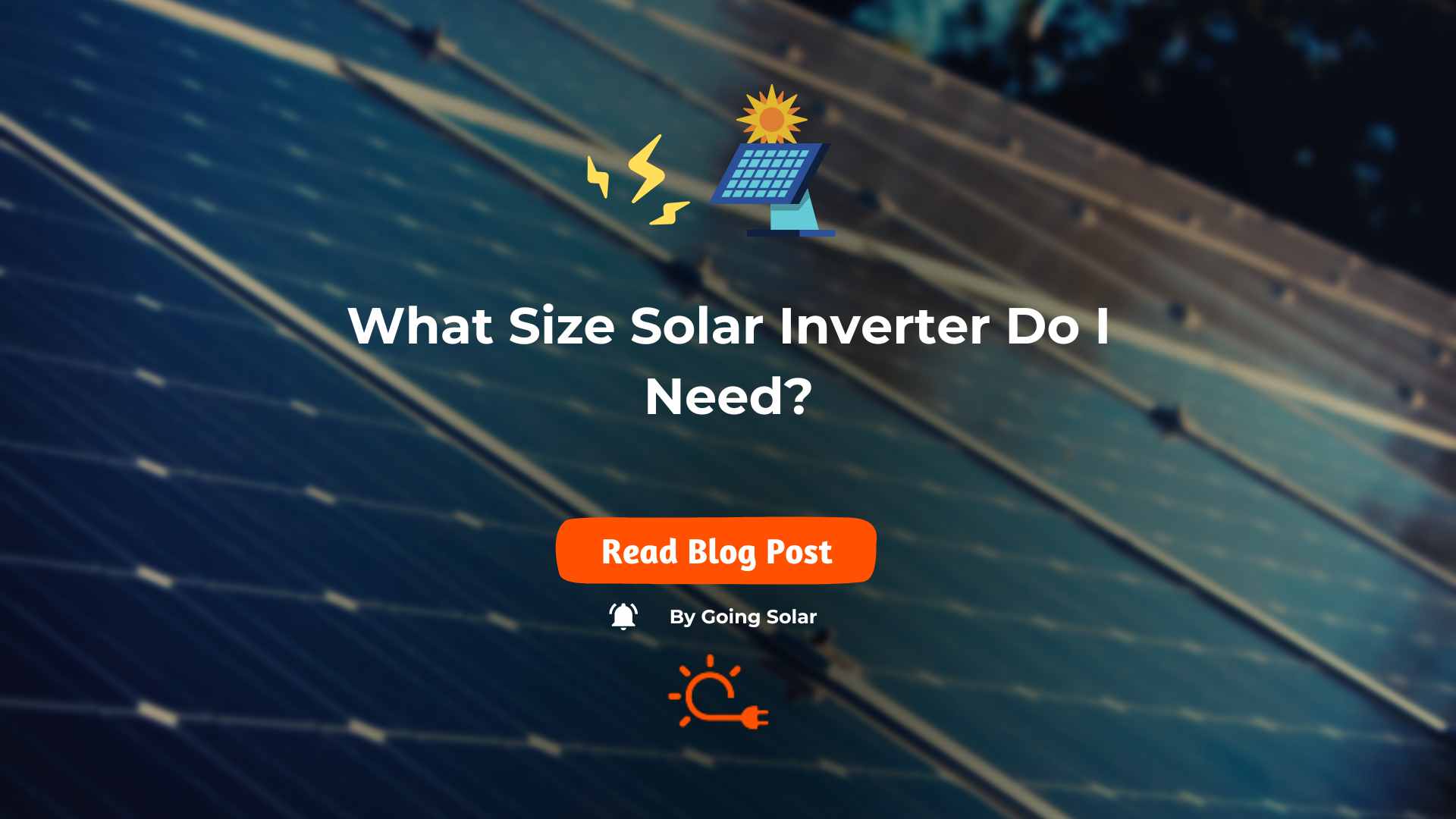
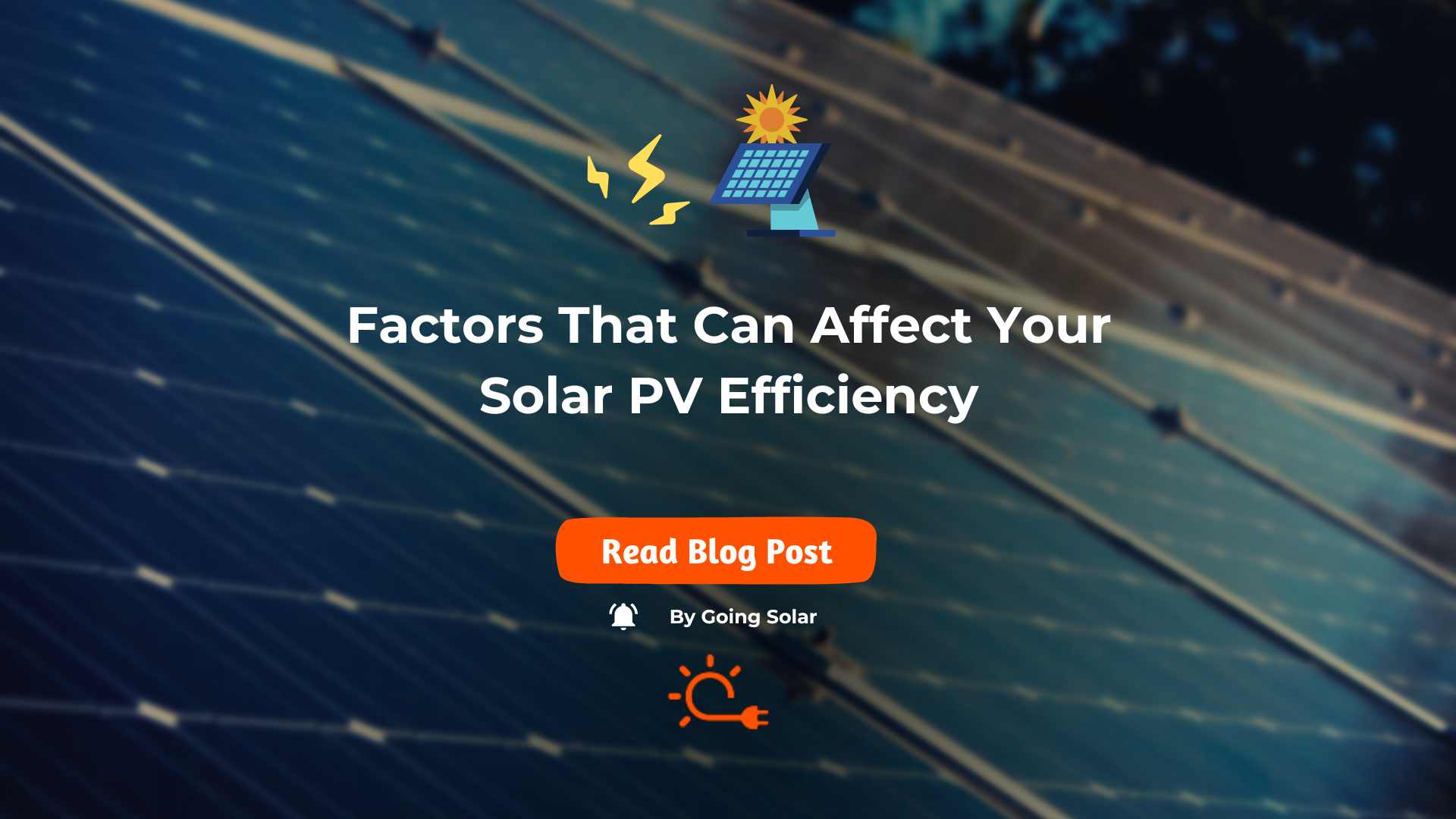
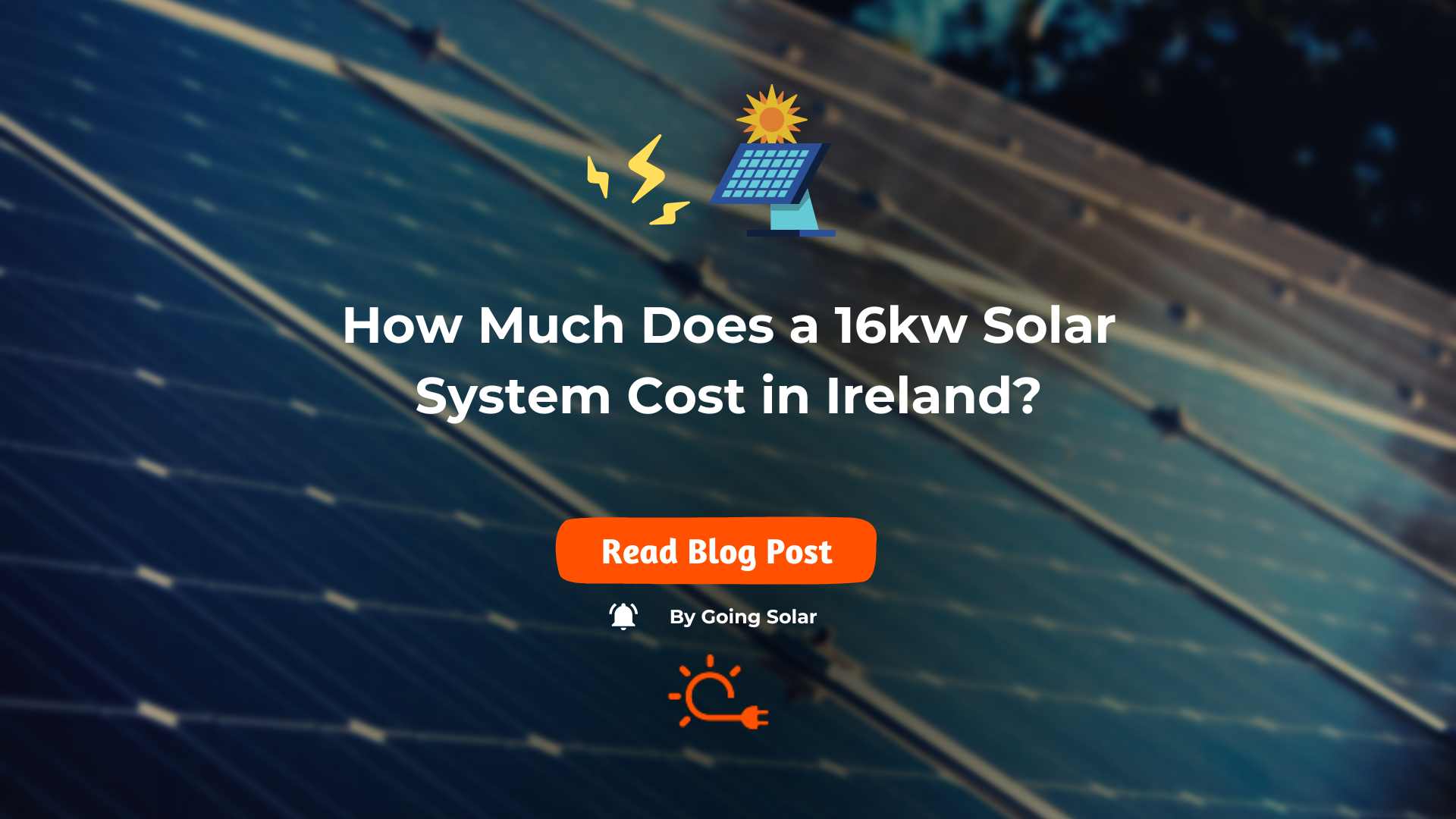
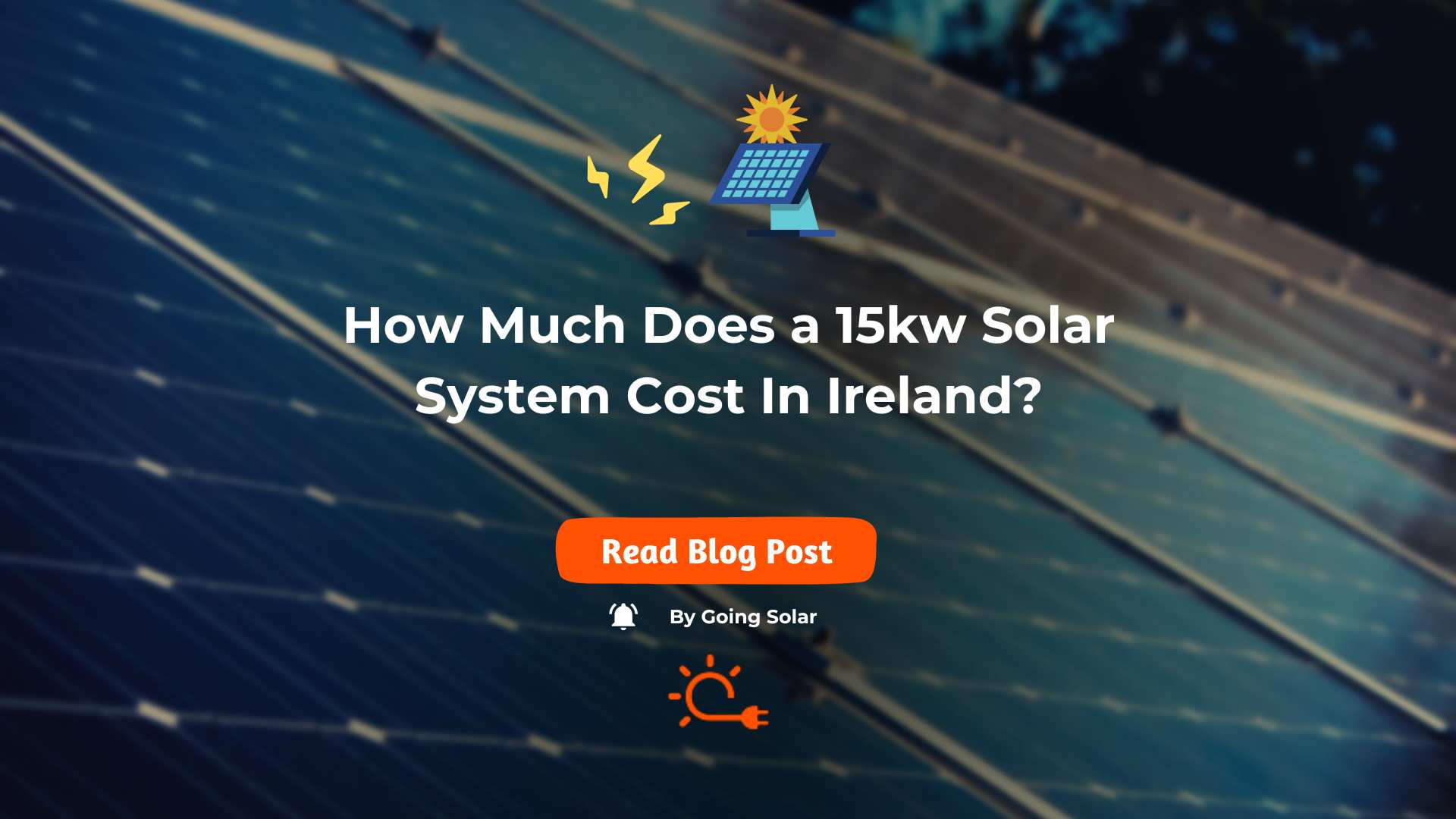
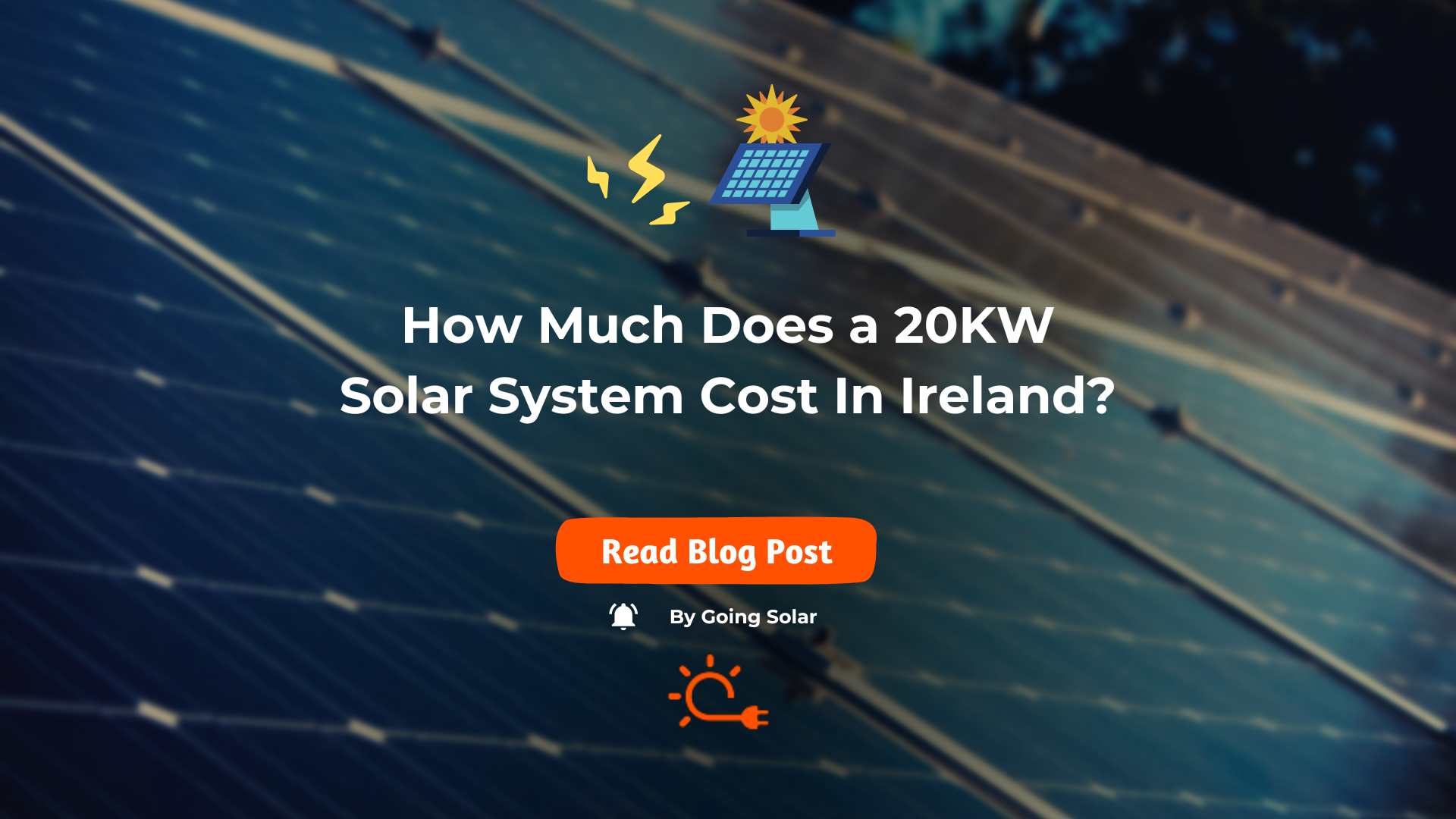





.jpg)

